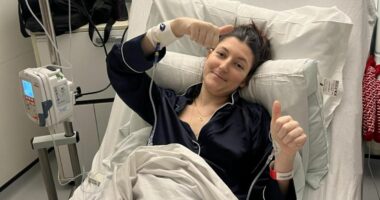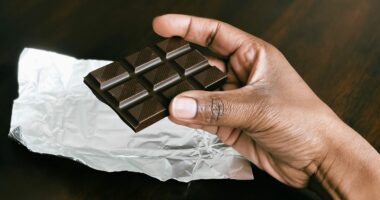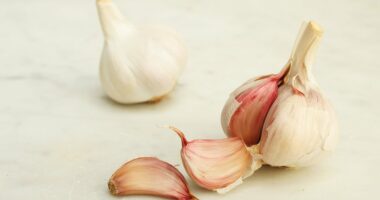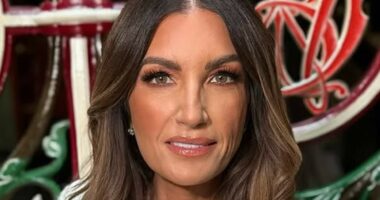Share this @internewscast.com
Falling short on sleep seems to be pervasive across American culture. Many of us joke about never getting enough rest, we may blame life’s obligations on interfering with adequate sleep, and it seems to be the norm that sleep is interrupted by periods of wakefulness during a usual night. In fact, the National Institutes of Health (NIH) report that 50 to 70 million Americans are plagued with a sleep disorder and one in three adults do not regularly get enough sleep (seven to eight hours each day) to protect their health. Dr. Kenneth Wright, Jr., a sleep researcher at the University of Colorado, also cautions that logging fewer hours of sleep during the week and combining that with adequate sleep only on the weekend or playing “catch up” on days off won’t fix things. Instead, he says, a regular habit of sufficient sleep with occasional naps to replace one bad night’s sleep, is what comprises a healthy sleep routine.
Beyond poor sleep habits that may lead to reduced productivity, sleepiness, or a bad mood, substandard sleep is associated with chronic disease. The American Academy of Sleep Medicine (AASM) and Sleep Research Society (SRS) issued a joint consensus statement in 2015, stating that adults who regularly sleep less than seven hours a night have an increased risk of issues such as obesity, diabetes, hypertension, and depression. It appears that the simple strategies many experts consistently give for better sleep, like powering down electronic devices before bed, avoiding caffeine in the hours approaching bedtime, and making your bedroom dark and quiet in the evening, can pay off dividends for long-term health.
What is a sleep-deprived adult to do? Beyond identifying key shortcomings in your sleep habits that could be revisited, how you eat could play a role in how you sleep. The strongest evidence points to nutrient-dense eating patterns complete with fruits, vegetables, whole grains, and lean proteins as ideal for healthier sleeping patterns, but certain foods may provide extra assistance in encouraging better sleep.
Here we rounded up the top 8 foods that may help you get the quantity and quality of sleep your body needs. Read on, and for more, don’t miss 6 Supplements for Better Sleep That Aren’t Melatonin.
Tart cherries
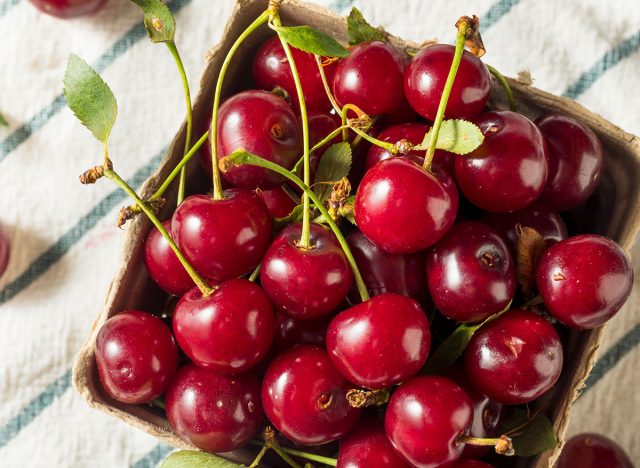
Melatonin, a hormone made from serotonin and linked to circadian rhythm regulation, naturally occurs in a small set of foods. One of those foods is tart cherries. A study investigating the effects of tart cherries found that participants experienced increases in time in bed, total sleep time, and sleep efficiency with the use of tart cherry juice concentrate.
Kiwi
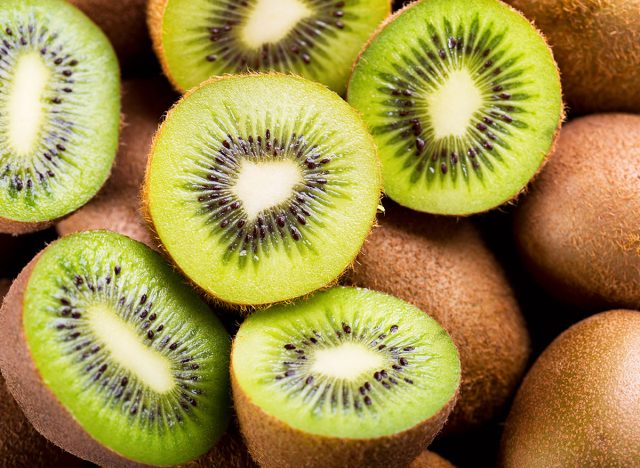
The kiwifruit, or Chinese gooseberry, is known for its fuzzy skin and sour taste, but should also be noted for its potential impact on sleep. In one study, adults with self-reported sleep disturbances found improvements in sleep onset, duration, and efficiency after four weeks of regular kiwi consumption.
Peanuts
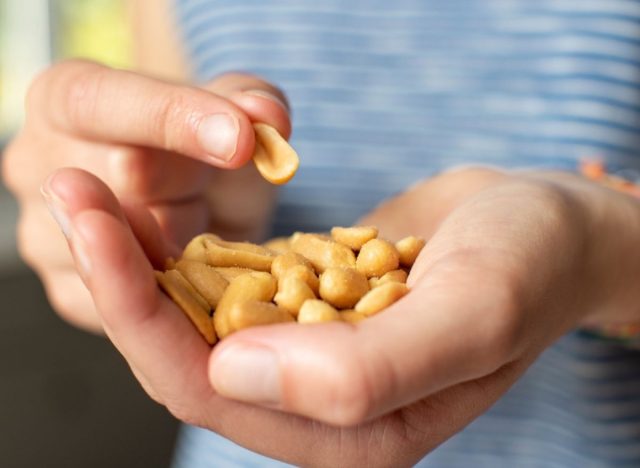
Tryptophan, an amino acid acting as a precursor to the neurotransmitter serotonin, is associated with the sleep-wake cycle. Tryptophan is found in foods like peanuts, turkey, milk, and eggs. A review in Nutrition Research states that foods impacting the availability of tryptophan may be the most helpful in the promotion of good sleep.
Read Related Also: Junior doctors are training on fat manikins as the UK is in obesity crisis
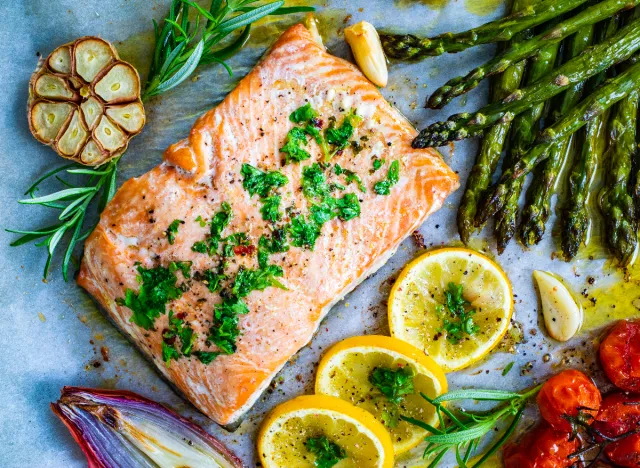
Omega-3 polyunsaturated fatty acids, found in seafood like salmon, are usually recognized for their connection to heart health and cognitive health, however, this nutrient may also play a role in sleep. Consumption of fatty fish like salmon seems to show a positive effect on sleep regulation and a diet low in omega-3 fatty acids may impair sleep at night due to disturbance of our internal daily clock.
Mushrooms
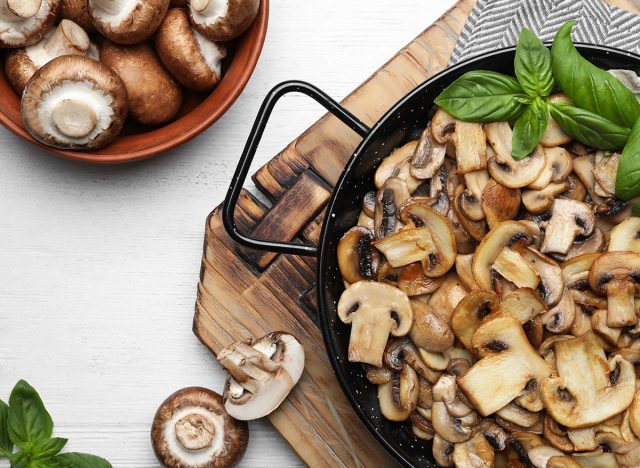
Few foods naturally contain vitamin D, but mushrooms treated with UV light contain approximately 46% Daily Value (DV) of vitamin D per ½ cup. Read the nutrition facts panel or contact the manufacturer of any mushroom product you buy to confirm the presence of vitamin D. Vitamin D deficiency is linked to a higher risk of sleep disorders, including poor sleep quality, short sleep duration, and daytime sleepiness.
Yogurt
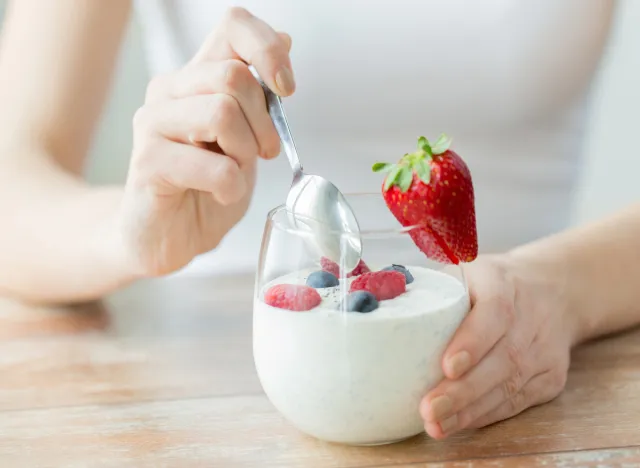
Alpha-lactalbumin, a protein found in whey in dairy products like yogurt, may reduce morning sleepiness and improve alertness the morning after ingestion. Less calcium intake (calcium is found in dairy yogurts) has been associated with greater difficulty falling asleep and with more nonrestorative sleep.
Pumpkin seeds
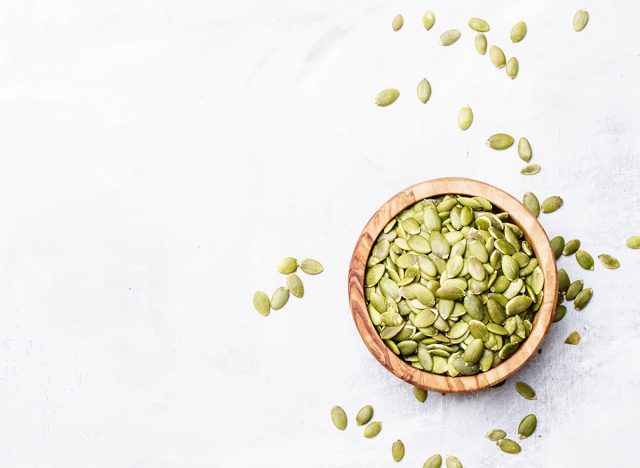
High-magnesium foods like pumpkin seeds may help us sleep longer and feel more rested. Studies have observed an association between lower magnesium intake and very short sleep (less than five hours per night), as well as daytime sleepiness.
Tomatoes
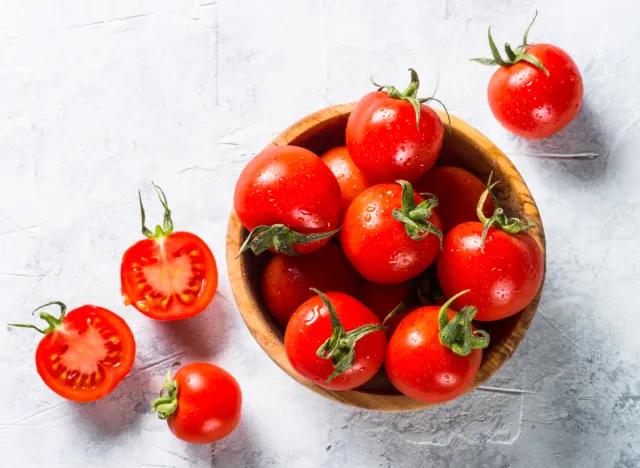
Although its melatonin content may vary by season, year, and species, tomatoes are regarded as a positive sleep influencer due to their natural melatonin levels. An eight-week study of postmenopausal women with poor sleep found that the women’s reported total sleep quality score was greater in a group that ate 250 grams of beefsteak tomatoes two hours before sleep than compared to the non-tomato group. Additionally, a separate study published in the journal Appetite discovered that very short sleepers (those who sleep less than five hours a night) had the lowest intake of lycopene, a beneficial compound found in tomatoes.
To learn more about how what we consume can influence sleep, read Drinking Habits to Avoid for Better Sleep, Say Dietitians.
